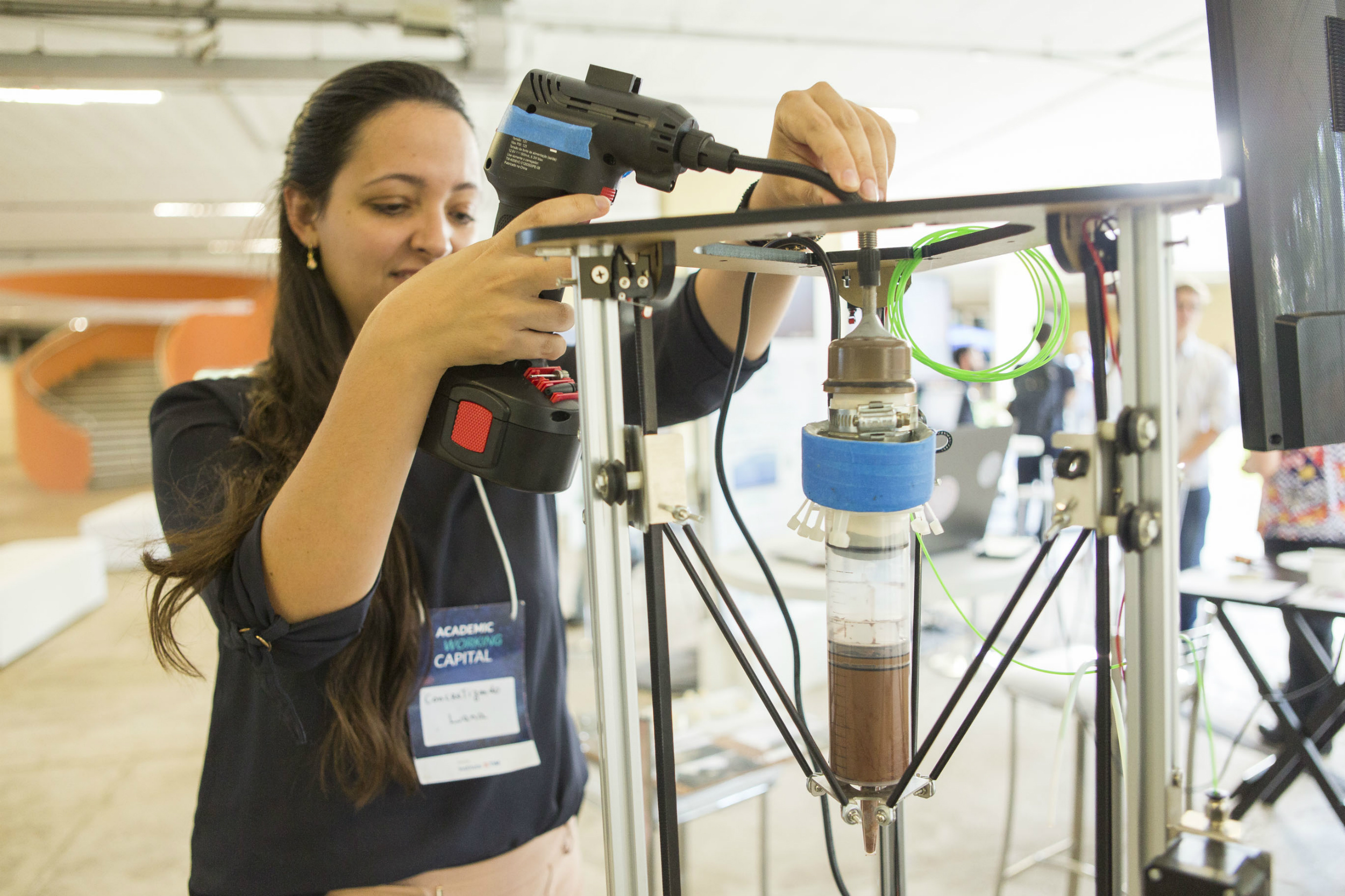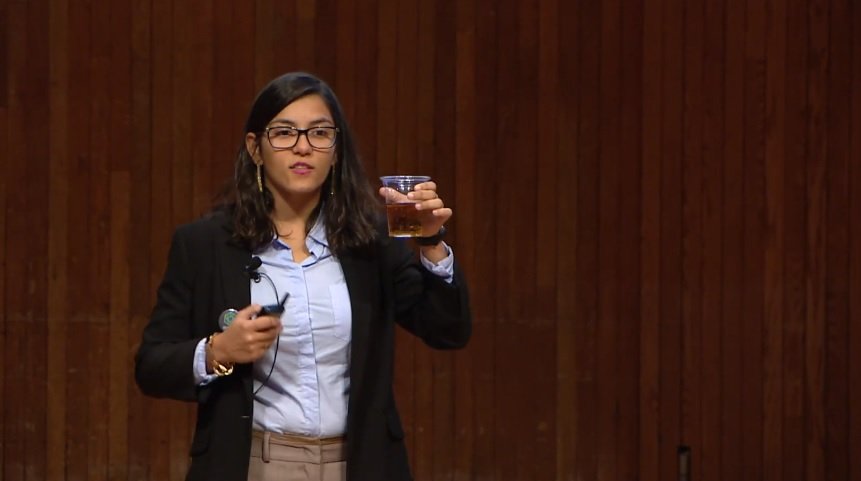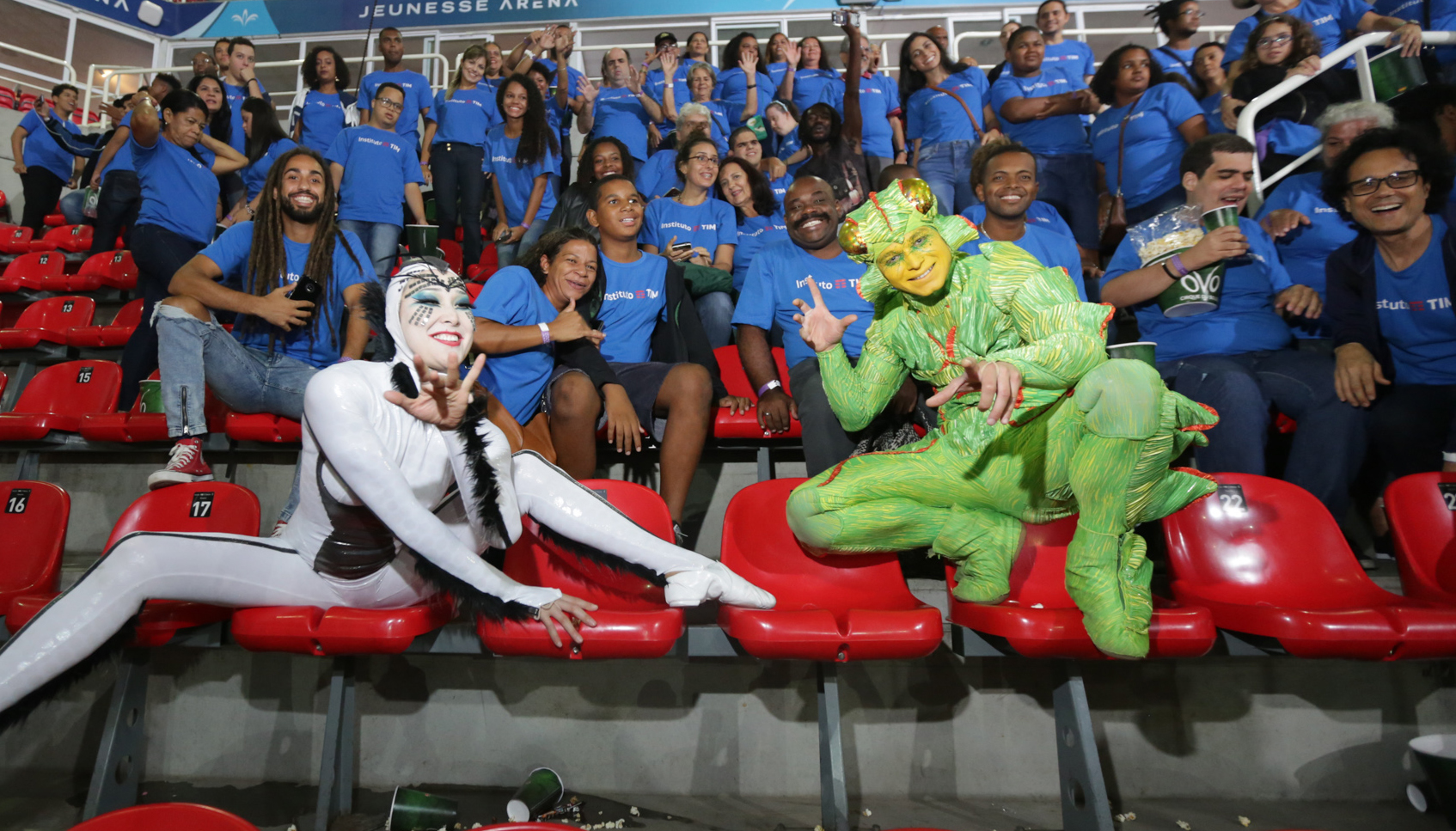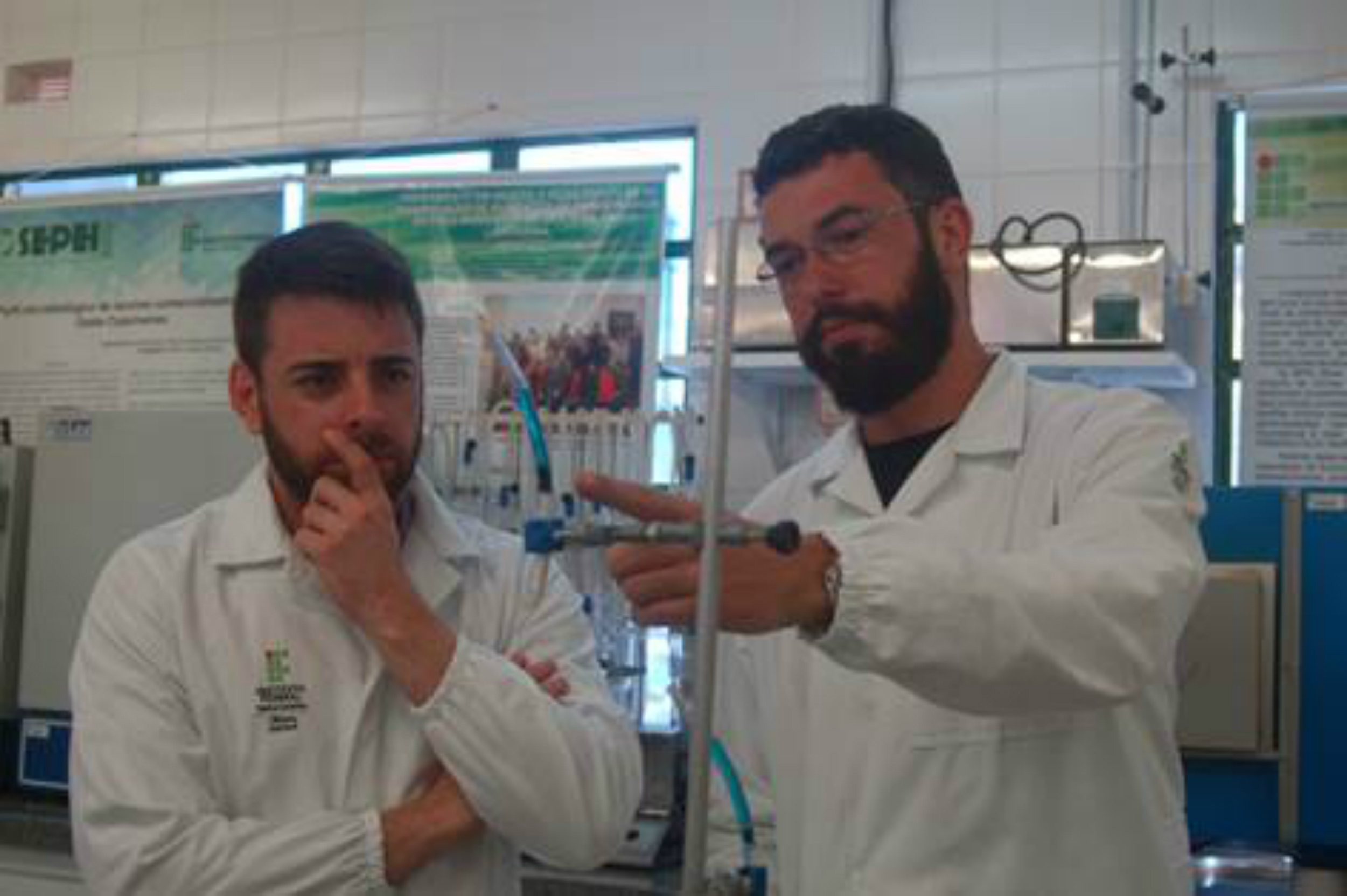AWC-backed startup offers biotissue that replaces use of animals in dermatological testing

The creation of artificial skin to replace the use of animals in dermatological tests was one of the projects that became a business model through Academic Working Capital (AWC). The biotissue, created from human cells taken from discarded plastic surgery tissues, was developed by biomedical engineer Solange Oliveira for her Course Completion Project (TCC), which attended, along with eight other projects, the AWC 2020/21 edition. The product named Kypskin is the flagship product of Organa Kypseli, a biotech startup focused on tissue engineering founded by Solange.
AWC is an entrepreneurship education program promoted by Instituto TIM, that supports students who want to transform their TCCs into a technology-based company with the purpose of contributing to solving society’s challenges. This methodology starts with the identification and validation of a problem, continues through the construction of a solution for the challenge raised (product or service), and ends with the structuring of a business model that can be sustainable. For this purpose, the students participate in workshops, mentoring with technology experts, and receive financial support for the development of prototypes.
Applications for the program are open to groups of 2 to 4 students, at least one of whom is enrolled in the final phase of his or her degree program. In Solange’s case, her partner in the project decided to drop out of the program for health concerns, so she was on her own until the end, when the university students presented their products to potential investors during an Investment Fair. “Attending the AWC was equivalent to a master’s degree. The program offers a very good tool set to really understand and see your product differently, visualizing the problem and the solution. In addition, I have met many people that I never thought I would know. Because of the AWC, I built a spectacular network,” says Solange.
Resident of Cotia-SP and mother of two daughters, Solange attended the Biomedical Engineering course at the Pontifícia Universidade Católica de São Paulo (PUC-SP) with a scholarship from the University for All Program (ProUni): “I was a surgical instrumentation technician, and this job triggered my desire to do something that would make a difference in people’s lives,” she says. In her very first year of college, Solange created a glove inspired by a lizard’s paw for people with stroke sequelae. In 2017, she and her colleague Rafaela Rogatto created a prototype of a device that released medication for breast cancer. In 2019, the project was presented at the National Meeting on Research in Oncology (ENPO) held in Brasilia-DF.
In the last year of her graduation, she started to develop products with a bioprinter – equipment used for the biomanufacturing of tissues. The biotissue created by Solange is three centimeters long and contains the two main layers of the human skin: the dermis and the epidermis. She explains that because no animal cells are used, the tissue can be made with different skin tones and simulate various age groups. Besides eliminating the use of animals for testing, it reduces the use of test persons and increases the reliability of the product tested: “Testing is important for the safety and efficacy of the product. Companies aligned with sustainability issues are changing the way they test their products. I am sure, that in the near future it will no longer make sense to use animals,” she points out.
Solange reports that Organa Kypsely is currently being formalized as a startup, conducting experiments to verify, among other issues, in how long it is feasible to make a quality product, and has also been dialoguing with possible investors for the business. She concludes: “Do you know when you do something and you feel that it is not only good for you but rather that it is good for the whole society?!”. Find out more about Organa Kypseli.
AWC 2022 will start in March of this year. Those interested in receiving information about the program can pre-register on the website at AWC Instituto TIM.






































































































